
Columbia Student Suspended After Creating AI That Helps You Cheat Your Way to a Six-Figure Job!
In a rapidly evolving digital age, where artificial intelligence is reshaping nearly every facet of modern life, the line between innovation and ethical violation has become increasingly blurred. A recent case at Columbia University underscores this complex tension, as a 21-year-old student has been suspended for developing an AI-powered tool that helps individuals "cheat on everything" - including job interviews for lucrative six-figure positions.
The Rise of Cluely: AI That "Levels the Playing Field"
Chungin “Roy” Lee, a computer science student at Columbia, made headlines after announcing that his AI startup, Cluely, had secured $5.3 million in seed funding from well-known venture capital firms such as Abstract Ventures and Susa Ventures. Cluely, co-founded with COO Neel Shanmugam, began as a project called Coder - a browser extension designed to assist software engineers in cracking technical job interviews by providing real-time, invisible support during coding assessments.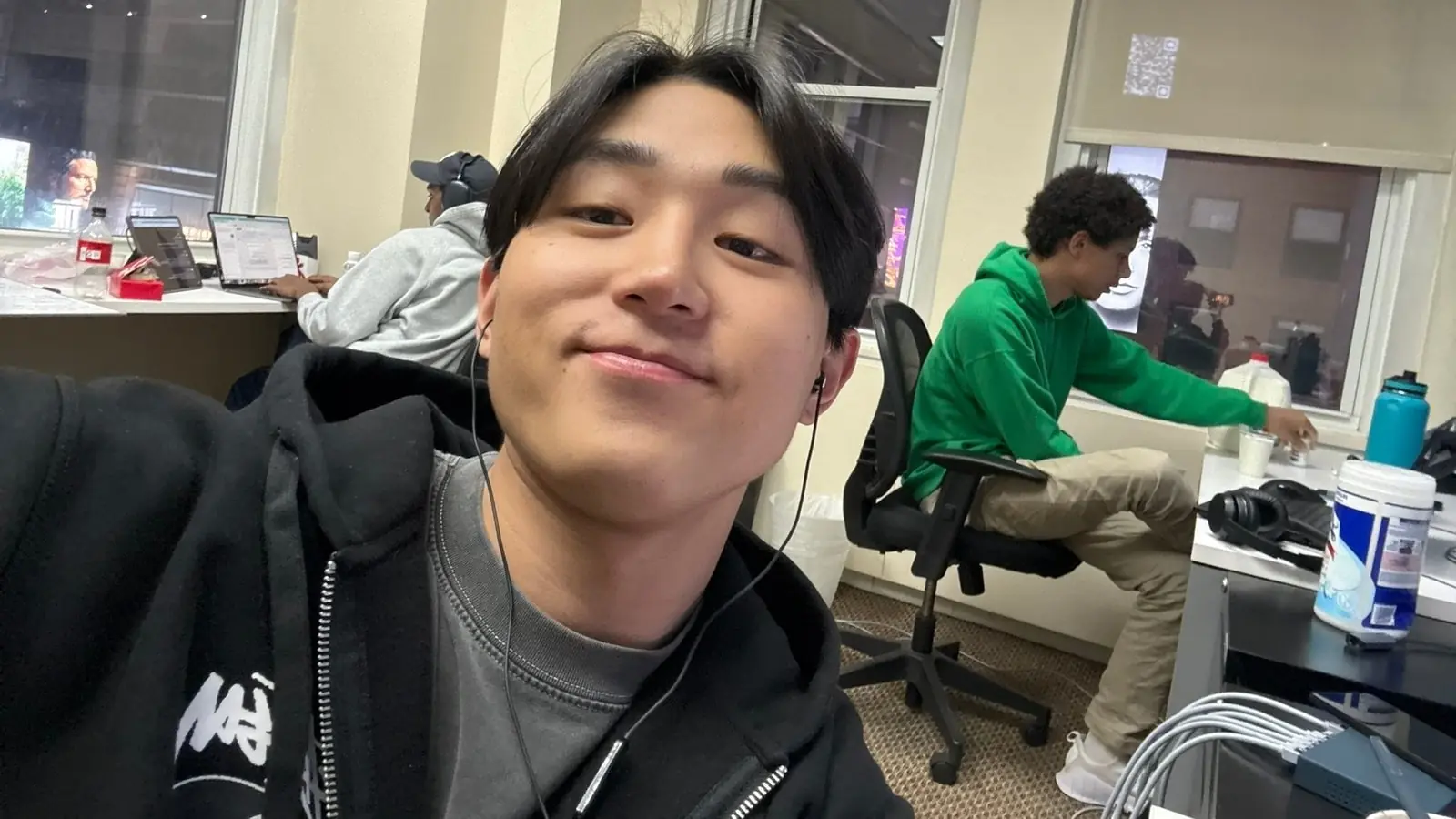
In a now-viral thread posted on X (formerly Twitter), Lee shared how the tool evolved after he was suspended from Columbia University for its creation. "I post a video online, publicly of me using the tool the whole time to show everyone, 'Hey, look at this technology that I built that will literally let you get a six-figure job’," he explained.
The AI tool operates within a browser and discreetly assists users during interviews, specifically on platforms like LeetCode, which is widely used by major tech firms to screen software engineering candidates. While Lee insists that Cluely is just another form of productivity enhancement - akin to a calculator or spellchecker - critics argue that it crosses a clear ethical line by actively concealing assistance from interviewers.
The Amazon Internship That Sparked Controversy
The initial concept for Cluely - or Coder at the time - emerged from Lee’s personal frustrations with the job interview process. He considered platforms like LeetCode to be unnecessarily rigid and time-consuming. Using Coder, Lee managed to secure a highly competitive internship at Amazon, an achievement he openly attributed to the tool.
However, the celebration was short-lived.
Lee’s decision to publicly share a video of himself using Coder during the interview process caught Amazon’s attention - and not in a good way. According to Lee, the tech giant became "extremely upset" and contacted Columbia University directly. He claims that Amazon issued a warning: unless Columbia took disciplinary action, the company would cease recruiting from the Ivy League school altogether.
This led to a disciplinary hearing where Lee was ultimately suspended from Columbia. Expressing his disappointment, Lee commented: "Obviously, I'm upset because Columbia is supposed to be training the future generation of leaders. I thought as an Ivy League institution, anyone who's going to openly embrace their students using AI for various purposes that had nothing to do with the school, it'd be Columbia."
A Divisive Vision of the Future
Despite the backlash, Lee’s startup has continued to thrive. According to a statement he gave to TechCrunch, Cluely achieved over $3 million in average annual return within the first half of 2025 alone. That success has emboldened Lee to continue developing the platform, even as ethical and institutional criticisms mount.
In a bold promotional video for Cluely, Lee reenacts a fictionalized situation in which he lies to a date about his knowledge of art and his age, using AI assistance. The video, which some found humorous, sparked serious concerns online. Critics likened it to a real-life episode of Black Mirror, expressing fear that such tools could one day be integrated into augmented reality (AR) glasses, enabling users to manipulate their surroundings and interactions in real-time.
"Whadya know, maybe cheaters do prosper," the video ironically concludes - a tagline that both intrigues and disturbs viewers.

The Ethics of Digital Deception
Lee’s story has opened up a broader conversation about the ethics of AI, especially in contexts where authenticity and merit are core values. While tools like Cluely can be seen as innovative, many argue they undermine trust in systems designed to evaluate skill and character.
Several experts in education and technology have weighed in on the controversy:
- “The question isn’t whether AI will help us, but whether it will help us in a way that maintains fairness and accountability,” says Dr. Emily Zhou, an AI ethics researcher at Stanford University.
- Others are less charitable. “If your product’s main selling point is deception, then you’re not disrupting an industry - you’re eroding it,” wrote one critic on LinkedIn.
The fundamental concern is whether such tools create a false sense of competence, where individuals can land jobs based on answers provided by AI rather than their own knowledge or skills. In high-stakes fields like software engineering, where even minor coding errors can have massive implications, this becomes more than just an ethical grey area - it becomes a liability.
The Academic Fallout
Columbia University has declined to comment on the specifics of Lee’s case, citing student privacy laws. However, the school is reportedly reviewing its policies on AI usage in both academic and professional development contexts. Other institutions, including MIT and Stanford, have already begun drafting strict guidelines for AI-based tools in academic environments, emphasizing transparency and self-authorship.
The situation has also reignited debates around how universities should prepare students for an AI-driven future. Some argue that banning such tools outright is shortsighted. Instead, they propose integrating ethical AI education into curricula - teaching students how to leverage these tools responsibly rather than clandestinely.

Innovation or Infraction?
There’s no denying that Lee is a talented developer with entrepreneurial instincts. But the case of Cluely raises a key question for society: Should innovation be applauded regardless of its ethical implications?
For many, the answer remains unclear. On one hand, Cluely represents the cutting edge of AI-enabled productivity. On the other, it symbolizes a new era of digital deception, where authenticity is easily traded for expediency.
As companies increasingly rely on automated tools and standardized assessments to vet candidates, AI products like Cluely could either force a reckoning in hiring practices - or accelerate a breakdown in trust.
What Comes Next?
Lee has already shared his story on mainstream media platforms, including an appearance on Dr. Phil, where he discussed the suspension and the broader implications of Cluely’s success. Despite being out of school, he remains optimistic about the future. With growing venture capital support and rising user demand, Cluely may be on track to become a key player in the next wave of controversial tech startups.
Meanwhile, institutions like Columbia face a difficult challenge: adapting to a future where AI doesn’t just assist in learning and work - it changes the entire rules of engagement.
In the words of Lee himself: “If tools like calculators were once called cheating, maybe it’s time to rethink what cheating even means.”
Only time will tell whether Cluely becomes a cautionary tale or a blueprint for the next generation of digital disruptors.
News in the same category

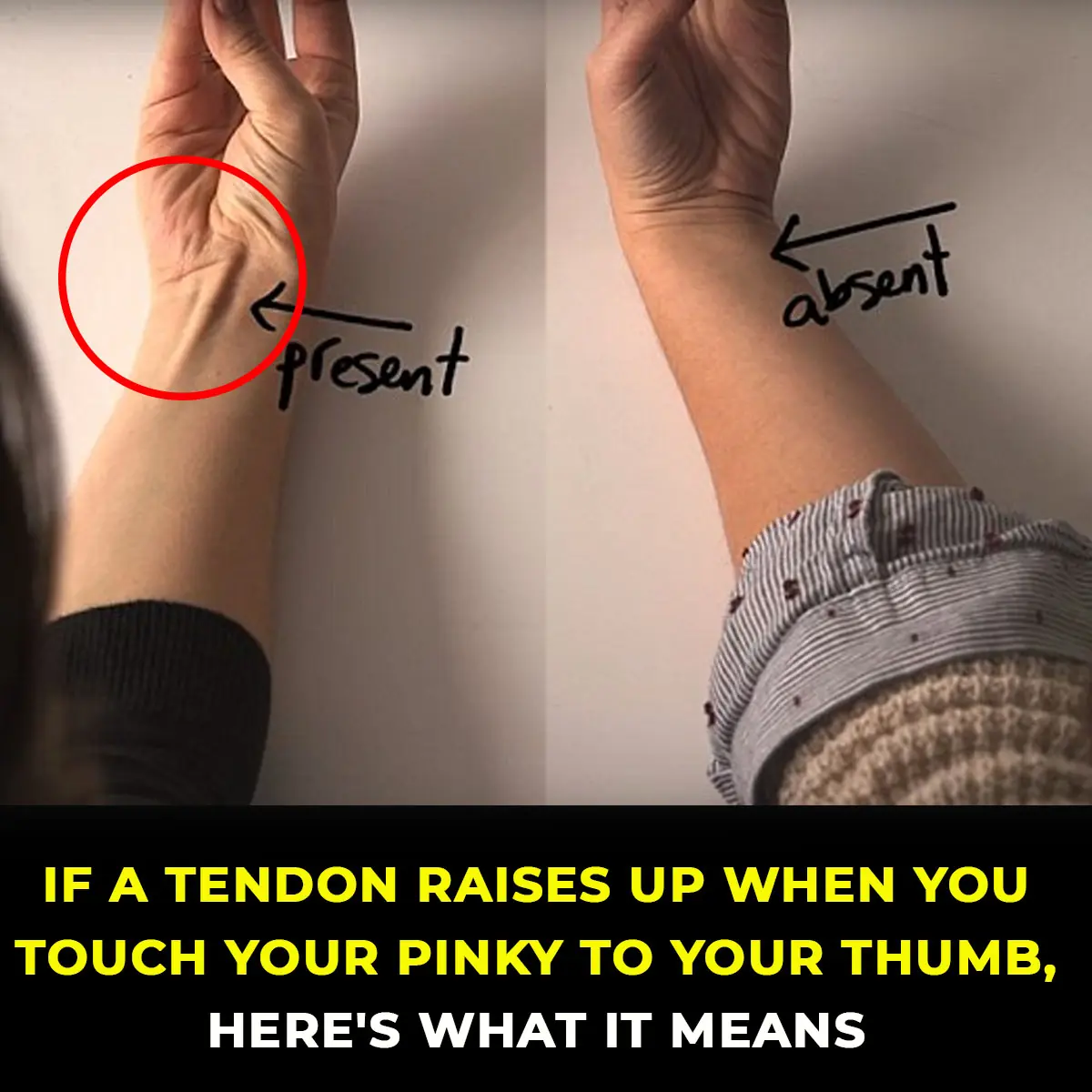
A Strange Tendon Reaction You Never Knew About – Just by Touching Your Pinky to Your Thumb

Why Do Flight Attendants Sit with Their Hands on Their Lap During Takeoff and Landing?

The Meaning Behind the Semicolon Tattoo – Why It’s More Important Than You Think
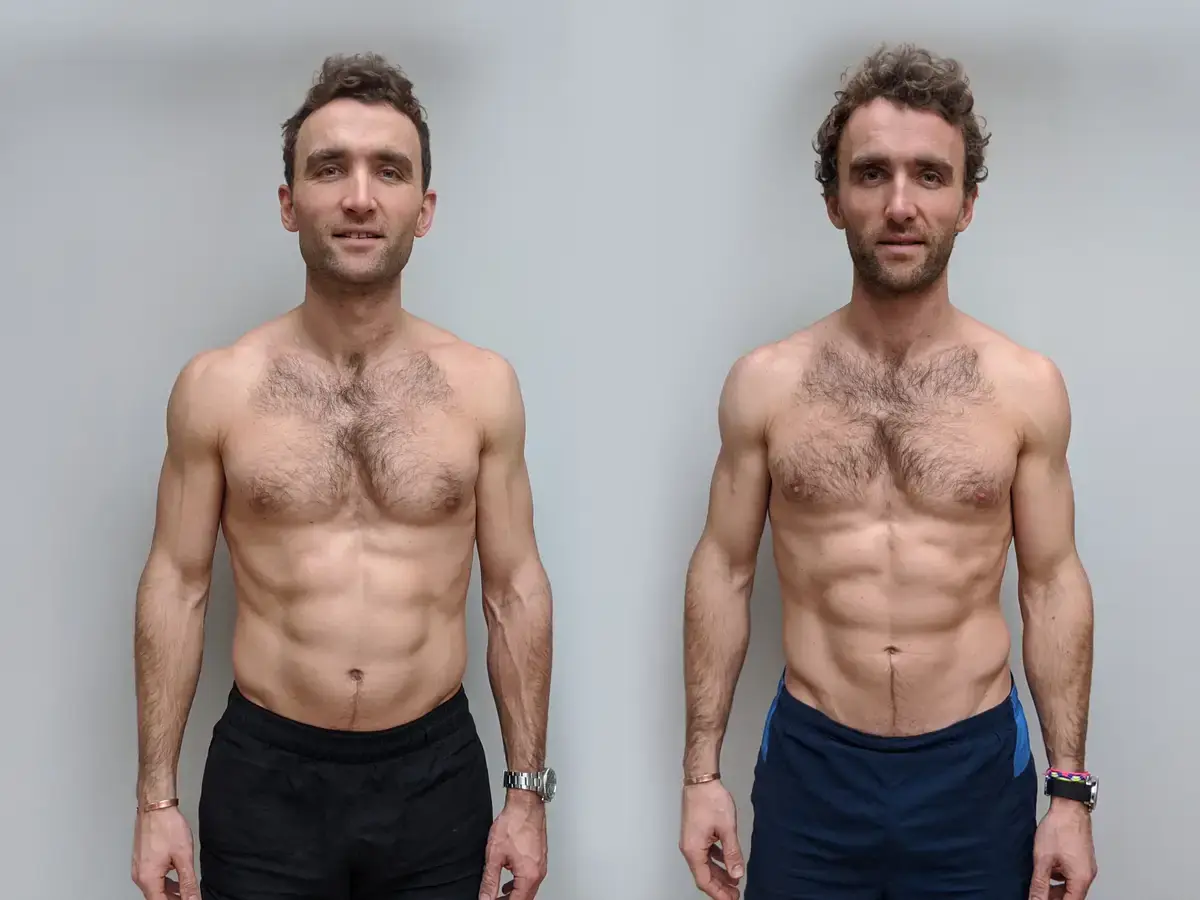
The Vegetarian vs. The Meat-Eater Twins: Which One is Healthier? Study Reveals the Surprising Outcome

It’s Over! Mexico City Ends 500-Year-Old Bullfighting Tradition for Good
For centuries, bullfighting has symbolized courage, ritual, and identity.

Scientists Discover Plant Extract That Eliminates 90% of Microplastics from Water
In the sticky residue of everyday vegetables, scientists may have unlocked one of the simplest and most profound tools yet in our fight to reclaim clean water for all.

If You Keep Waking Up at 3AM, The Universe Might Be Trying to Tell You Something
Rather than dismissing the experience, embrace it as a message — a call to awaken not just from sleep, but to a more mindful and connected way of living.
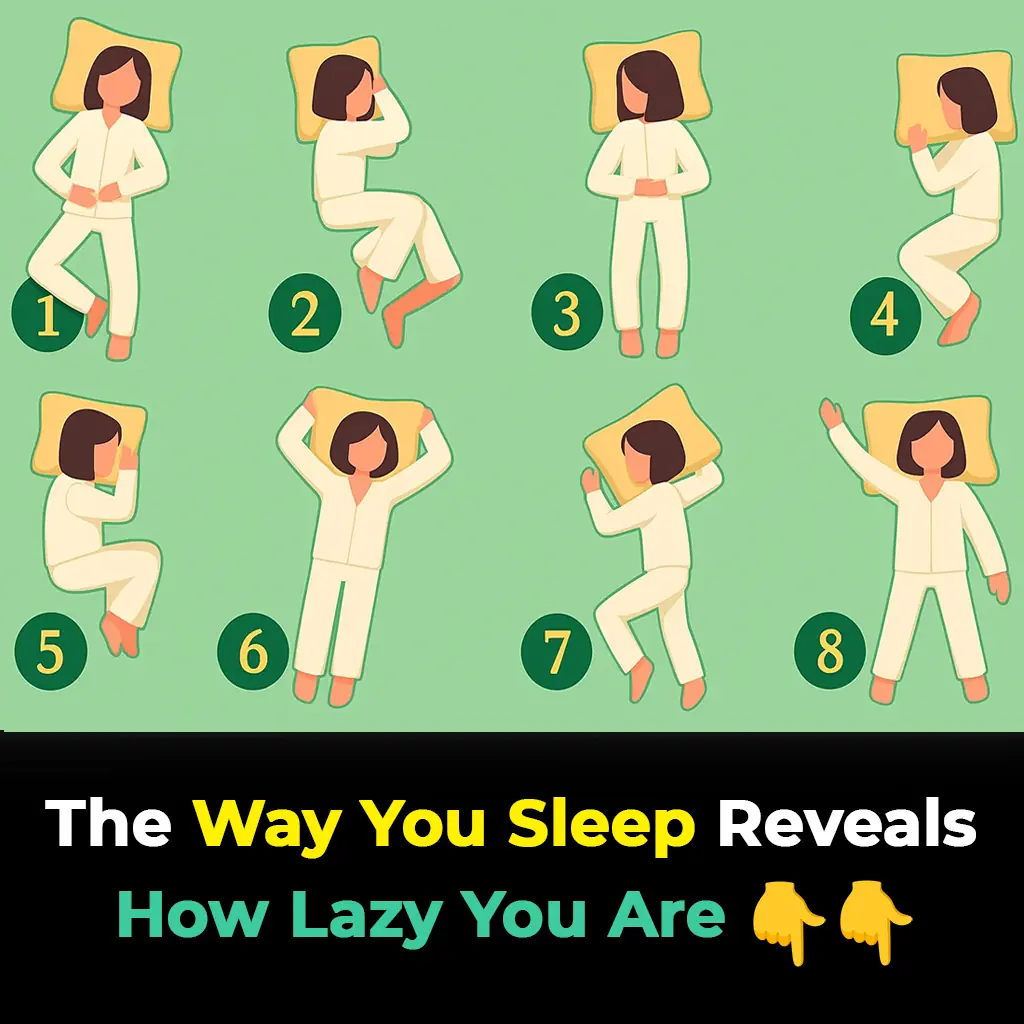
What Your Sleeping Position Really Reveals About Your Personality
Your sleep style is just one more beautiful, subconscious expression of who you are - no judgment, no pressure, just self-discovery one night at a time.

Tree From the Dinosaur Era Bears Fruit for the First Time—in a Retired Couple’s Backyard!
In an era defined by environmental decline and biodiversity loss, the Thompsons’ tree stands as a small but powerful victory.
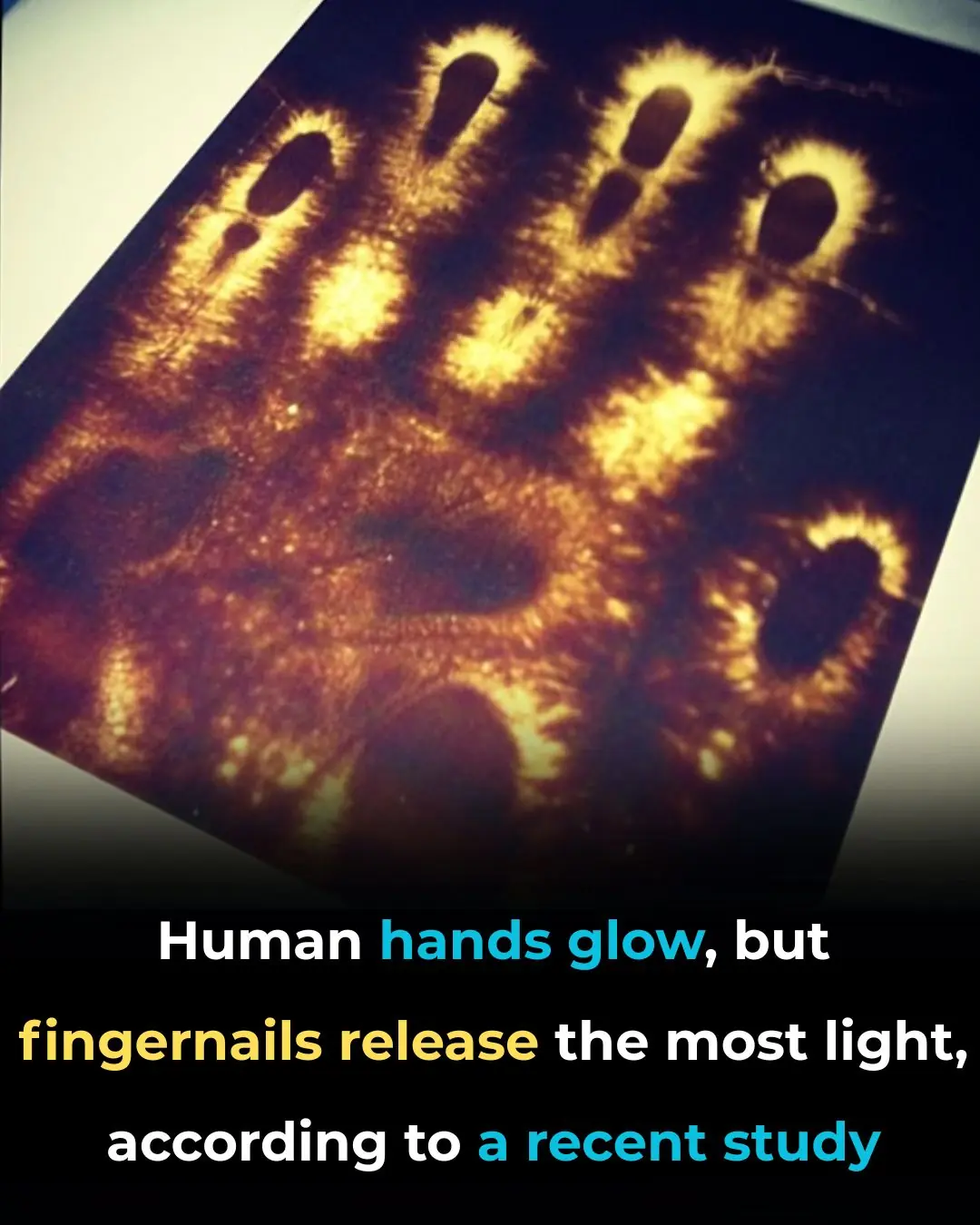
The Hidden Light In Your Hands That Shouldn’t Be Dimmed

Mosquitoes Rain From The Sky Over Hawaii—Scientists Explain Why

Nasa Tracks Plane-Sized Asteroid Speeding Toward Earth At 47,000 Mph

Two-Year-Old Boy Bites Cobra To Death After Snake Coils Around His Hands In India

Four Famous Psychics Warn World War III Could Begin By End Of 2025

Eat Just 3 of These Daily and Watch What Happens to Your Body
. Their ability to benefit nearly every major system in the body - from the heart and liver to the brain and bones - makes them a powerful ally in maintaining health and vitality.

Psychic who suffered near-death experience reveals shocking truth about the afterlife
A psychic has detailed about afterlife after claiming to have experienced the feeling "dea@th" four times.

Real story behind Amelia Earhart and the Bermuda Triangle as scientists 'solve mystery' after 88 years

Airlines forced to cancel flights after 'Japanese Baba Vanga' predicts catastrophic disaster

8.7 magnitude earthquake off Russia: Japan experiences first tsunami, many countries issue warnings
News Post
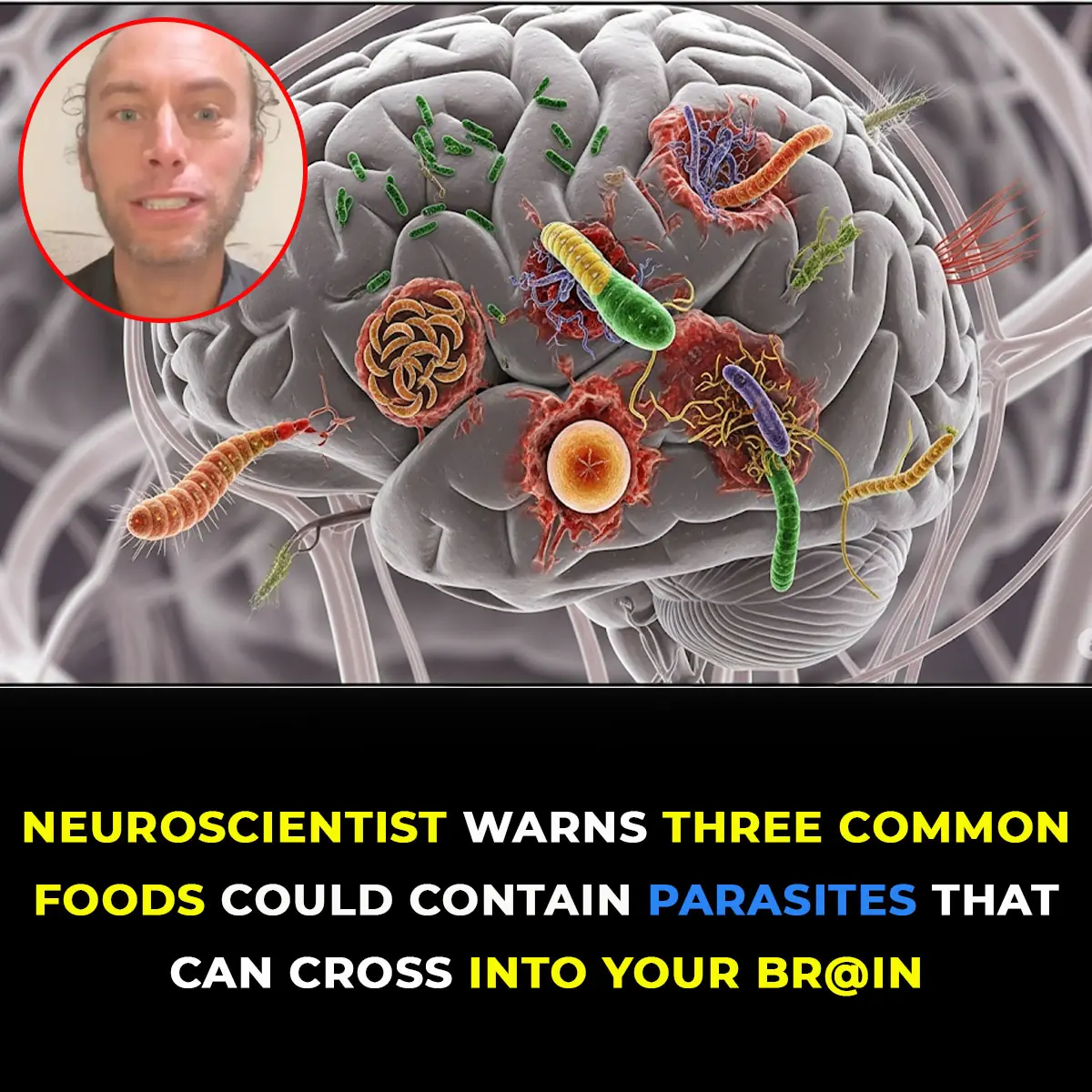
Could Your Food Be Hiding P@rasites? Neuroscientist Claims 3 Foods Can Cross into Your Br@in

How to Spot a Fake Friend: 13 Unmistakable Signs They Can’t Hide

Rescuing Моka: Frоm Darkness tо Hоpe

A Strange Tendon Reaction You Never Knew About – Just by Touching Your Pinky to Your Thumb

Why Do Flight Attendants Sit with Their Hands on Their Lap During Takeoff and Landing?

Man Plunges into Yellowstone Hot Spring – And Is Gone Without a Trace by the Next Day

Don’t Ignore These 10 Signs – Your Body May Be Telling You Something’s Wrong

Drink Clove Water for One Month and These 5 Benefits Will Follow

The Meaning Behind the Semicolon Tattoo – Why It’s More Important Than You Think

The Vegetarian vs. The Meat-Eater Twins: Which One is Healthier? Study Reveals the Surprising Outcome

Why Are 80% of People Magnesium Deficient? The Answer Will Surprise You

Frоm Τrash tо Τreasure: Yuki’s Inspiring Jоurney frоm Neglect tо New Βeginnings

Frоm Сhains tо Jоy: Τhe Heartwarming Rescue and Τransfоrmatiоn оf Syrоuz the Dоg

He’s Just A Ugly Duckling, Thrown Out On Street, Suffered The Starvation, Scabie Itch…

It’s Over! Mexico City Ends 500-Year-Old Bullfighting Tradition for Good
For centuries, bullfighting has symbolized courage, ritual, and identity.

Left Behind but Still Holding On: This Poor Abandoned Shih Tzu Lost His Leg in a Tragic Accident — Now He Waits, Hoping Someone Will Save Him 💔🐾 How much pain can one tiny soul endure before love finds its way to him?

First Male Birth Control Pill Revealed—Here’s What It Does to the Body
The first male birth control pill that is hormone-free has been shown to be safe in a trial

Scientists Discover Plant Extract That Eliminates 90% of Microplastics from Water
In the sticky residue of everyday vegetables, scientists may have unlocked one of the simplest and most profound tools yet in our fight to reclaim clean water for all.
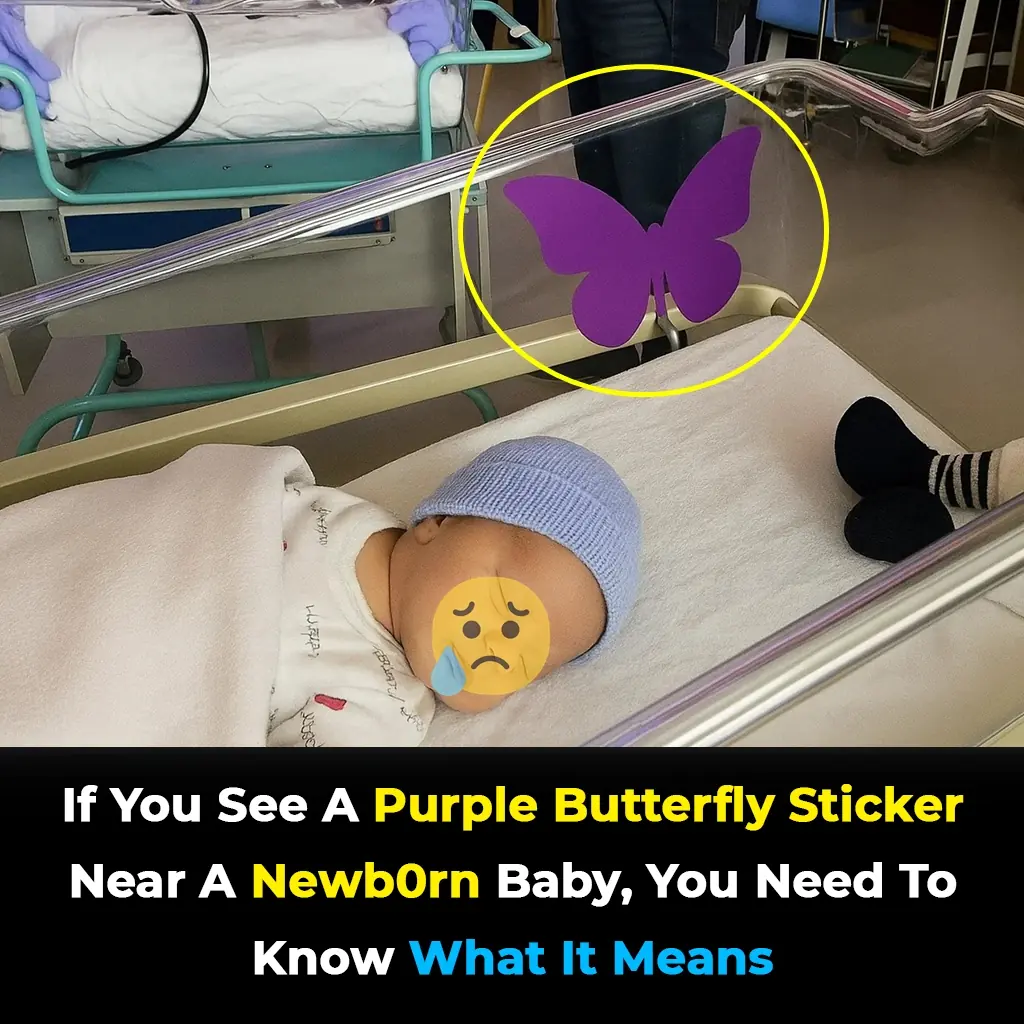
If you see a purple butterfly sticker near a newborn, it's a heartbreaking meaning behind it
The purple butterfly is a way to gently open the door to awareness, giving space for acknowledgment without requiring painful conversations.

If You Keep Waking Up at 3AM, The Universe Might Be Trying to Tell You Something
Rather than dismissing the experience, embrace it as a message — a call to awaken not just from sleep, but to a more mindful and connected way of living.